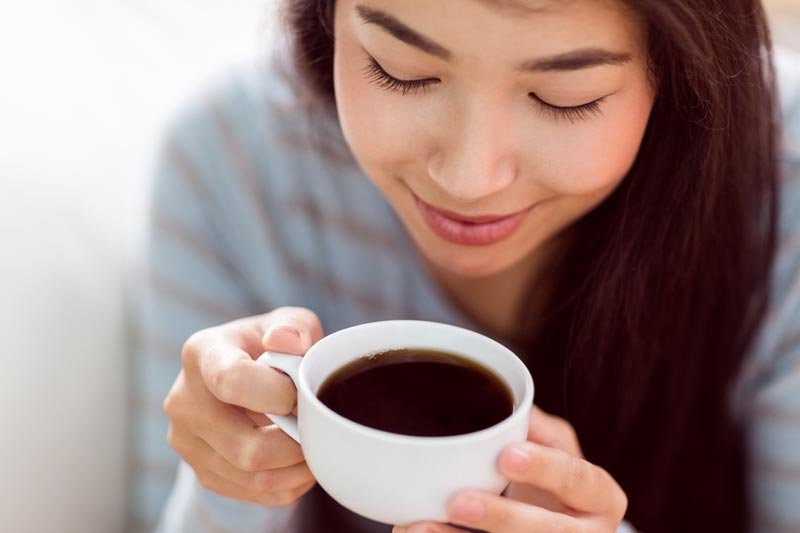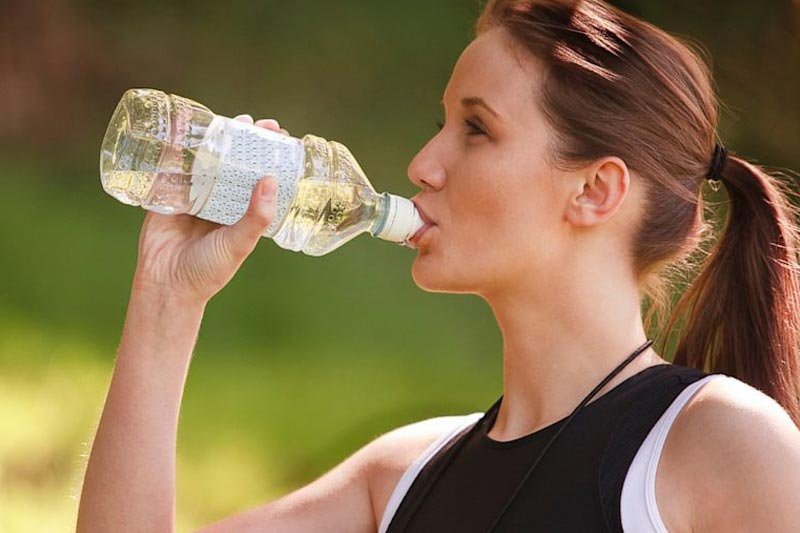What Is More Dehydrating : Is your coffee addiction or alcohol habit jeopardizing your body’s precious hydration levels?
Dehydration occurs when there is an imbalance between your body’s fluid requirements and the amount of fluid loss taking place and/or the amount of fluid you are supplying it with. Symptoms of dehydration include dryness of mouth and eyes, dizziness, fatigue, difficulty concentrating and decreased urine output.
Sufficient hydration is paramount for the optimal functioning of your cells, tissues and organs and for regulating metabolic activity and body temperature.
A common misconception is to think that any and all fluids, water or otherwise, will help replenish the water reservoir of your body. On the contrary, some drinks may cause, or worsen, dehydration.
In this article, we will delve into the ways a morning cup of joe and your evening alcohol fix influence your body’s water levels.
What does coffee do to your body?
Many people are reluctant to admit it, but coffee is a drug that almost half of the world is addicted to. Its stimulating, addicting and mood improving effects make it one of the most regularly consumed beverages across the globe.

Coffee contains caffeine. Caffeine (trimethyl xanthine) is a naturally occurring compound in several plants. One cup of brewed coffee (around 230 ml) contains about 95 mg of caffeine on average.
It stimulates your central nervous system, increases heart rate and blood pressure, and enhances blood flow to muscles. It also increases levels of dopamine in the brain, which is a neurotransmitter involved in cognitive processes, alertness and memory.
Does coffee cause dehydration?
Like all drugs, coffee has its side effects- the most prominent of them being a diuretic effect. A diuretic is any substance that induces diuresis- the increased production of urine. All diuretics increase the excretion of water from our bodies, but different substances do so in different ways.
When higher doses of caffeine enter the body (when you drink a whole pot of coffee, for example), it is known to cause some water loss. However, this diuretic effect is entirely dependent on the concentration of caffeine in the coffee. For instance, there is around 100 mg of caffeine in just 50 ml of water in espresso coffees, whereas decaffeinated coffee contains only 7 mg in 230 ml of water.
At one point, many believed that coffee was dehydrating because of its diuretic effect, but studies have debunked this myth by showing that this water loss does not offset hydration. This is because, when drinking coffee, there is a simultaneous downing of water, which helps with hydration. This means that coffee definitely counts towards the tally of how many glasses of fluid you drink in a day.
What does alcohol do to your body?
Alcohol (chemical name: ethyl alcohol or ethanol) is produced through the fermentation of fruits and vegetables. While it may have some therapeutic properties, recent studies have uncovered many toxicities and side effects of this popular beverage.
When ingested in small amounts, it can decrease the risk of coronary heart disease and help in relaxation. However, excessive indulgence causes cancers of the mouth and oesophagus, liver damage, high blood pressure, stroke, diabetes and a host of mental disorders.
What effect does alcohol have on your hydration?
Alcohol is a known dehydrator and causes the body to lose a considerable amount of water. The classic after-effects of a big night out with a few extra drinks are a dry mouth, fatigue, dizziness and a headache, all of which are signs of dehydration.
Alcohol causes diuresis by reducing the production of vasopressin. Vasopressin is an anti-diuretic hormone that regulates the concentration of fluids in the body and prevents excess water loss by causing the kidneys to reabsorb water and salt into the body.
With the subsequently lower amount of anti-diuretic hormone, there is a much higher output of urine, making your body lose water that it actually needs.
For every standard alcoholic drink you down (10 mg of pure alcohol), you are likely to urinate 100 ml more than you drink, which causes dehydration. Therefore, excessive alcohol consumption, i.e. 6 or more standard drinks (the recommended limit is set at 4), may potentially result in a net fluid loss of 600-1000 ml or more. Yikes!
Moreover, water loss associated with alcohol intake is accompanied by the additional loss of minerals essential for fluid balance, nerve function and muscle action like zinc, magnesium, potassium and calcium.
Drinking considerable amounts of alcoholic beverages can also cause vomiting, which further depletes one’s body of fluids.
Although the effects of alcohol vary depending on lifestyle, frequency and amount, gender, age and weight, it is vital to remember that the less a person weighs, the less alcohol it takes to cause them to get dehydrated.
Another point to be noted is that while hung-over people rely on their morning coffees to get rid of their headaches, this can, in fact, dehydrate them even further when the mild diuretic effect of coffee layers on to the dehydration continuing on from the previous night’s revels.
Does limited alcohol intake also affect hydration?
As opposed to the effect of caffeine, it does impair one’s hydration status, and quite seriously so.
It is essential to limit your intake, and when you do indulge, try to go for a one-to-one ratio with water: for every glass of any alcoholic beverage, you chug, down a glass of water as well.
An excellent alternative to water is an electrolyte-containing solution that can help you replenish the minerals lost due to alcohol consumption.
Thus, while both beverages have separate pathways of influence on diuresis, your Friday night alcoholic drink is definitely the one that has a higher tendency to dehydrate you.
If you are experiencing constant migraines after a night of drinking, or if you have any other concerns about the effects of your caffeine and/or alcohol habits on your hydration levels and health, book an online consultation with the team of medical experts at Click Pharmacy, who can advise you and prescribe treatments tailored to your needs.
Related Videos about What Is More Dehydrating :
What is DEHYDRATION ?
Dehydration: Fact or Fiction
Does Drinking Coffee Dehydrate You?
What Happens To Your Body When You’re Dehydrated?
11 Signs You’re Dehydrated & 6 Quick Ways to Hydrate Your Body!
Should You Worry About Caffeine Dehydrating You?
What Is More Dehydrating
most dehydrating alcohol, dehydration, dehydration symptoms, beer dehydration, does wine dehydrate you, dehydration treatment, alcoholic drinks that keep you hydrated, beer dehydration myth,




